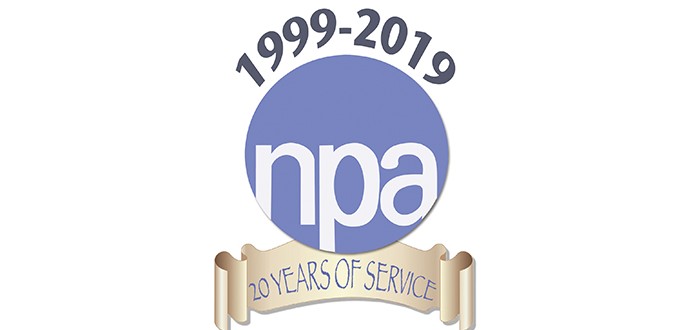Dr Zoe Davies is chief executive of the NPA
This month we celebrate 20 years of the institution that is the National Pig Association. What I find hard to believe is that I have been working here for 11 years already and how things have changed. When I joined as regions manager in 2008, taking over from the legend Ian Campbell, I literally had gigantic shoes to fill.
In those days there were no animal rights incursions to speak of, no real feral pig issues or TB in pigs, so I was able to indulge in my passion for notifiable disease preparedness.
Having been through the horror of CSF on the farm I was managing in 2000, experiencing first-hand complete incompetence from MAFF officials, I was determined to ensure no farmer would ever have to experience what we had, so I spent months trying to educate Defra staff about the realities of pig farming and discovered that as people in Government appeared to shift jobs with the wind, you can waste a lot of time and make very little progress.
This relationship has improved tremendously over the years, however, and will stand us in very good stead should African swine fever ever venture our way.
Prices took a dive in 2010 and we organised a huge rally in London in the spring of 2011 to raise awareness. Shortly afterwards, I became general manager when I was in China on my Nuffield adventure. Not long after I came back, the animal rights incursions began to escalate, the most notable being Harling in 2012 where an activist gained employment on a farm and filmed staff mistreating the pigs and then released footage to the media.
Looking back on it, the whole thing played out really quickly, although it felt like much longer at the time and sadly culminated in the death of the farm owner in the early hours of February 15. I’ll never forget the date because I had spent hours on the phone to him the night before, trying to convince him his story would be yesterday’s chip paper by tomorrow.
I was so incensed at how the media and locals had treated that family and how little remorse or interest Animal Equality showed. I vowed then to never let another one slip through the net and have made it a priority to be there for anyone similarly affected.
The incursions have continued and take up so much more time, but we have now taken steps to lighten the load and encourage wider industry support through the Incursion Support Network and the new Allied Industry Support Network, which I hope will be a force for good for any pig farmer struggling with hard times.
The next big challenge for us was in the run up to the 2013 partial sow stall ban. While UK producers had been completely stall-free for many years, the EU was very slow to catch up and we not only had to remind Government of their responsibilities but also the supply chain – both retailers and foodservice.
In addition to that, there were other aspects of the legislation where we had to fight to ensure the right interpretation was taken.
The most significant were the new rules on slat and slot width, and as our buildings were built on imperial and not metric measurements, many failed to comply, usually by a matter of millimetres! Happily, we unearthed the BS EN standard for pre-cast concrete and used the tolerance levels in that to argue for flexibility. Defra thankfully saw the logic and took our plea to the Commission who accepted and tolerance was built in. We saved many producers a lot of heartache and money that day.
In 2014, I was so proud to become the chief executive of the NPA. It was something that I had worked hard towards and meant that I could build the exceptionally capable and resourceful team that I have today – and I am incredibly proud of each and every one of them.
We have achieved so much over the last few years, providing an enviable return for every penny that our members give us. Knowing that we are making a real difference is what drives us, as well as ensuring that the pig sector has a profitable and positive future. I know the times ahead are uncertain, but rest assured NPA will be there, seeking out every possible opportunity, as well as steering the industry around the inevitable icebergs that will appear.




